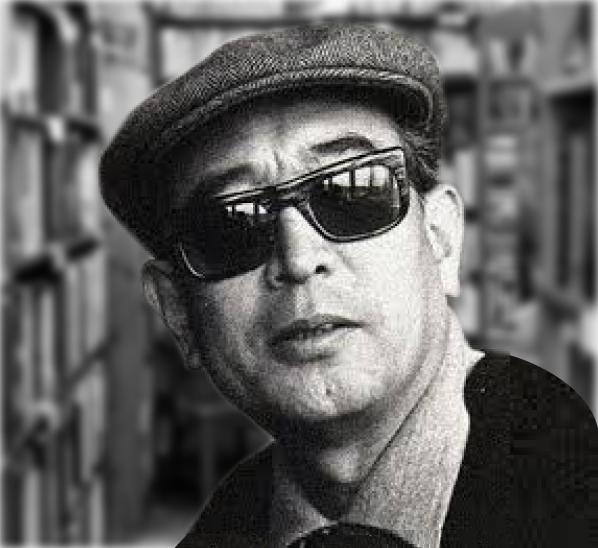- His films have displayed the sensitive treatment of the “humanism” of an individual, an intrinsic element that has sharpened the awareness of those KUROSAWA has reached.
- For his second film, Ichiban Utsubushiki (The Most Beautiful), produced in 1944, KUROSAWA wrote a scenario on the military-like everyday life of drafted female workers at an optical factory making lenses and binoculars.
- His 1951 film, Rashomon, won the Grand Prix at the Venice International Film Festival.
- The RMAF Board of Trustees recognizes his perceptive use of the film to probe the moral dilemma of man amidst the tumultuous remaking of his values and environment in the mid-20th Century.
The film has few peers among the major communications media created by advances in science and today molding human aspirations and behavior. So pervasive is its influence that the film now often supersedes the novel and the dramatic stage as a means of enabling the individual to perceive a deeper reality in his own existence. When used in documentation of contemporary society it becomes a kind of journalism.
Yet in Asia as elsewhere, this powerful medium has often served to disguise consequential issues. Entertaining and diverting, films frequently foster expectations without awareness of the demands upon the individual for their realization.
It is AKIRA KUROSAWA’s matching of mastery of his art, in all its technical sophistication, with unrelenting concern for the “humanism” of the individual that lends his work a special quality. His sensitive treatment of this intrinsic element has sharpened the awareness of those he has reached.
Now 52 years old, this accomplished film director has devoted a quarter of a century to the sustained inspired labor that is requisite for achievement of any high goal. Starting as a young artist-apprentice with the Photo Chemical Laboratory, one of Japan’s pioneer movie makers, he was fortunate in finding as his teacher Kajiro Yamamoto, a director then second to none in the country.
Long before KUROSAWA’s film, Rashomon, won the Grand Prix at the Venice International Film Festival in 1951, he had painstakingly evolved his method for coaxing the best from actors using scripts he had helped write. In the detailed, precise effort he devotes to editing, he reveals the conscientious craftsman. Fame from a succession of superior films produced since then has not tempted him to slacken his standards.
Quiet, intense and stubbornly determined, KUROSAWA shuns the publicity that easily engulfs luminaries in the film industry. He lives unpretentiously with his wife and their two children, cultivating his liking for antiques and his friends. The same concern for being genuinely and zestfully human is as evident in his personal life as it is in his art.
In electing AKIRA KUROSAWA to receive the 1965 Ramon Magsaysay Award for Journalism, Literature and Creative Communication Arts, the Board of Trustees recognizes his perceptive use of the film to probe the moral dilemma of man amidst the tumultuous remaking of his values and environment in the mid-20th Century.
Frankly speaking, I was surprised when I received a cable from the Ramon Magsaysay Award Foundation informing me that I had been elected as one of the Awardees this year. I had not been aware that my works had been receiving such a warm and kind appreciation from you people in this great country. I am never good at making a speech, but I assure you that this is the happiest moment in my life, and that my future works will reflect how deeply this great Award impresses me.
Let me end by paying a deep and heartfelt homage to the memory of the great President, a defender of fundamental principles of democracy and freedom, a really historic personage, after whom this Award has been named.

